How to Make Reading Fun for Kids
As parents, we want the learning to read process to be fun. But we can all get caught up in the mechanics of it, and along the way it might become a chore rather than a pleasure.
So, let’s take a quick break and play some easy reading games. While these games are targeted at beginning readers, they can be leveled up for more advanced students. I’ll provide tips for that in parenthesis after the basic descriptions.
- Street Sign Spotting: This is an oldie, but a goodie. I remember being little, learning how to read, and wanting to read EVERYTHING! Kids are so enthusiastic about their new skills, so use that.
As you walk or drive around your community, be on the lookout for signs with basic sight or early reading words. You could even challenge your kiddos to be “sight word spotters.” Pick a focus word, or words, for the day. My favorites are: the, can, win, sell, on, no, is, if, it, off, of, dog, and car. But you can use any words that you are focusing on right now.
When someone spots a word, have them yell out and tell where it is. Then they need to read the word.
(Advanced Readers: read the whole sign or look at visual context clues to find out the meaning.)
- Sight Word Memory: Use a whole bunch of blank index cards. If you want to reuse the same cards over and over, get them laminated and you’ll be able to erase old words and add in new words. Pick 5-10 words that your child needs to learn or practice reading. This can work with every single unit of beginning reading. You could focus on words with a specific vowel sound, blend, pattern, word family, synonyms/antonyms, or Dolch sight words.
Write each word twice on two separate cards. Shuffle the cards and lay them face down on a flat surface. Taking turns, each person picks up two cards one at a time. If the cards match and the player reads the word successfully on the first try, remove the cards and repeat your turn. If they don’t match or the word is not read correctly, replace the cards and the next player takes a turn.
(Advanced Readers: use to study word study words, practice vocabulary from other subjects, study math facts)
- Searching for Sight Words: This works with any books your child is reading and whatever your reading focus is currently.
All you need is a book, seriously. Like Street Sign Spotting, pick a focus. It could be word families, a specific pattern, sight words, or specific vocabulary. At any point while you are reading, preparing to read, or reviewing your reading, challenge your child to find your focus words. After she finds them, ask her to read them or sound them out. Keep track of the words you find by writing them down, you can use them in the next activity!
(Advanced Readers: just up the ante! Pick harder words, or words related to a theme, or important vocabulary.)
- Found Poetry: Using the words from your Sight Word Search, magnetic poetry set, or cut out of magazines, create a word collage or poem.
For either project, you and your child can pick a theme. Some of my favorite are: words that make me feel happy, words about the ocean/zoo/other place, sight words, word family, word pattern, and seasonal words.
Flip through an (appropriate) magazine, the newspaper, or the words from Searching for Sight Words. If you find them in another print format, cut them out and arrange them into a collage or poem. If you are using words from your sight word search, type them on the computer in fancy fonts. Then print and cut the words out before you make the collage or poem.
Remember that poems, especially for kids, can be anything, even just a list of words.
(Advanced Readers: use a standard poetry format)
- Retelling with Pictures: Before your child reads a book, especially a new picture book, make color copies of important pictures. Cut them out, if possible, and mount them onto large index cards or construction paper.
After reading the book, ask your child to put the pictures in order to retell the story.
(Advanced Readers: use sentence strips or small summaries plus the pictures. Or have her draw the pictures of the story summary like a cartoon.)
- Roll and Read: Pick six books that your child has read before, really likes, or that he should be able to read based on his current reading level. Put a sticky note on each book, 1-6. Grab a dice and roll, then read the book that matches the number you rolled.
This can be a fun way to introduce a new topic: use new books related to a non-fiction topic or to another subject, like math. You can also add new books to your library this way: roll three numbers and keep those books, donate the others to your local library or shelter.
(Advanced Readers: After picking a book, roll again to find out how many chapters to read before you can abandon the book.)
7. Mystery Sound: Find or draw pictures of words in your current word family, word work, spelling pattern, or book. Paste them onto index cards. Put all the cards into a brown paper bag or large hat. Have your child draw one card out and say the word it represents. For example: she draws out a picture of a tree and says “tree.” You can ask a few different questions:
- What is the first sound? “t”
- What is the consonant blend? “tr”
- What is the vowel sound? “long e”
- Spell the word: T-R-E-E
- Say a rhyming word: see, knee, bee, be me,
Put the card back into the bag and repeat. You don’t have to ask all of the questions each time. You can pick one question to play the whole game, switch it out each time, or pick a few to ask every time. Totally up to you!
(Advanced Readers: define the word, connect it to their reading, look it up in a dictionary, or just follow the regular rules.)
How do you make reading fun?


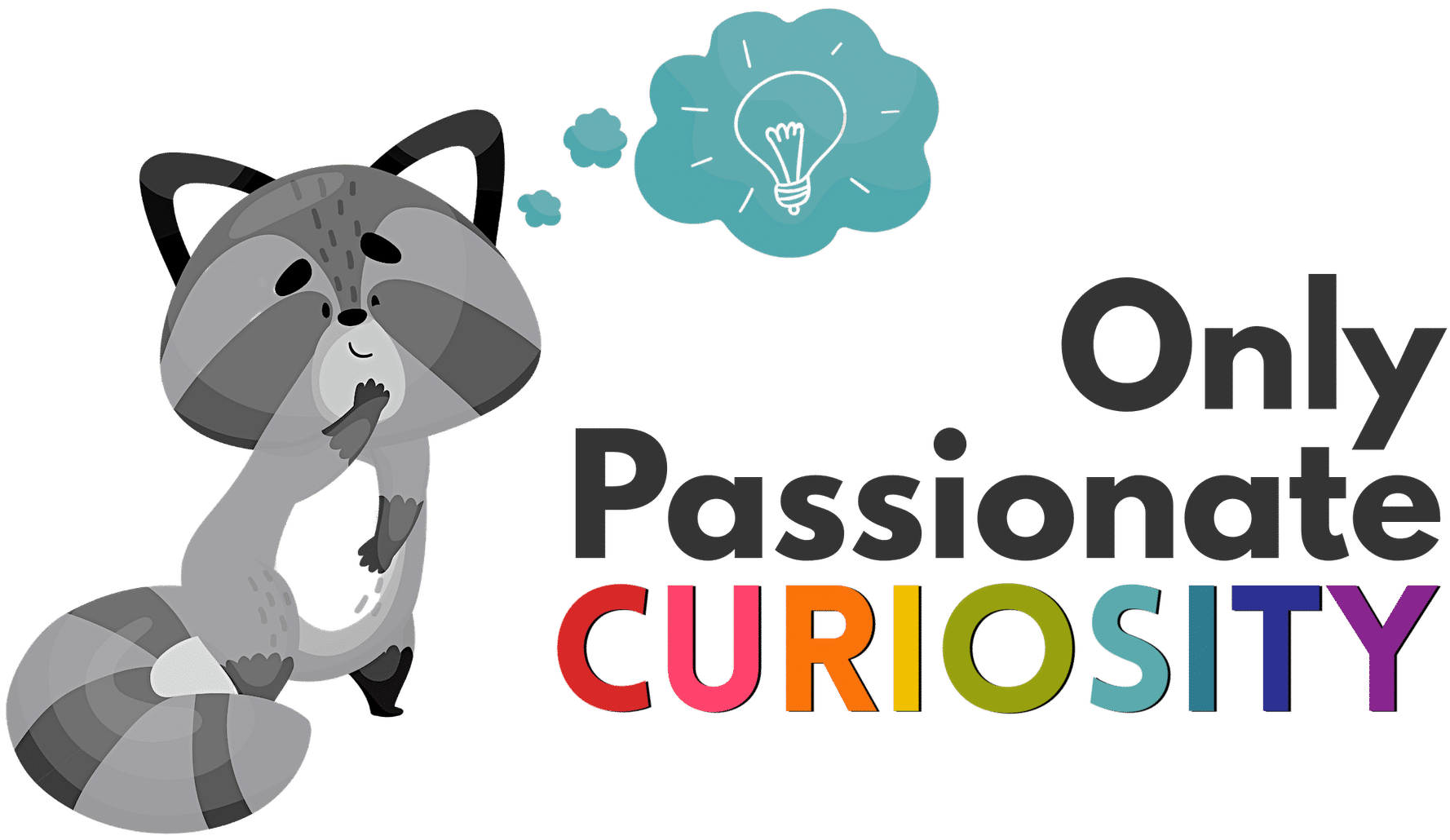

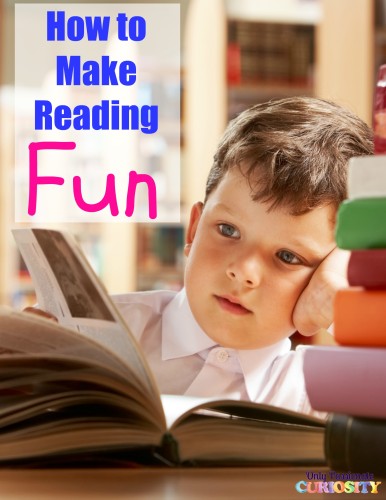

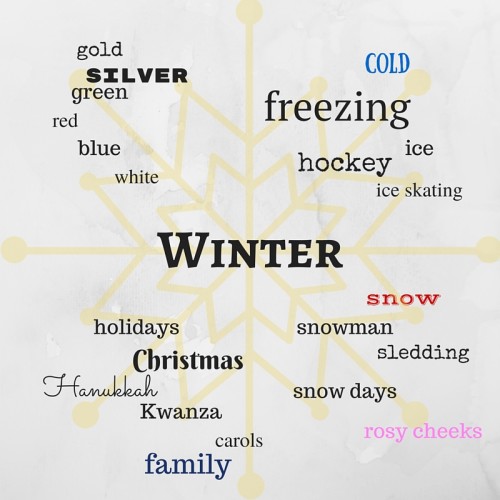

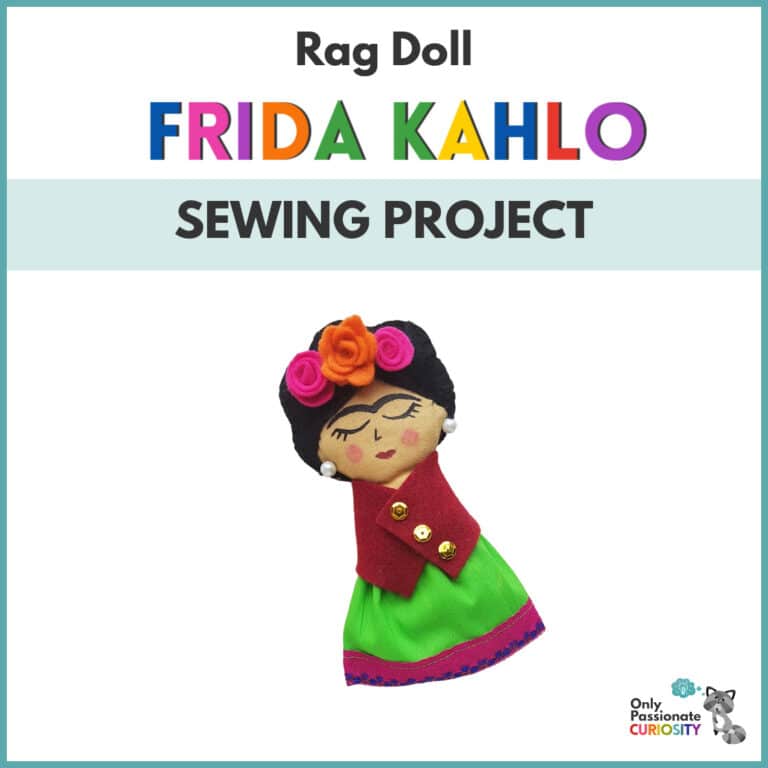
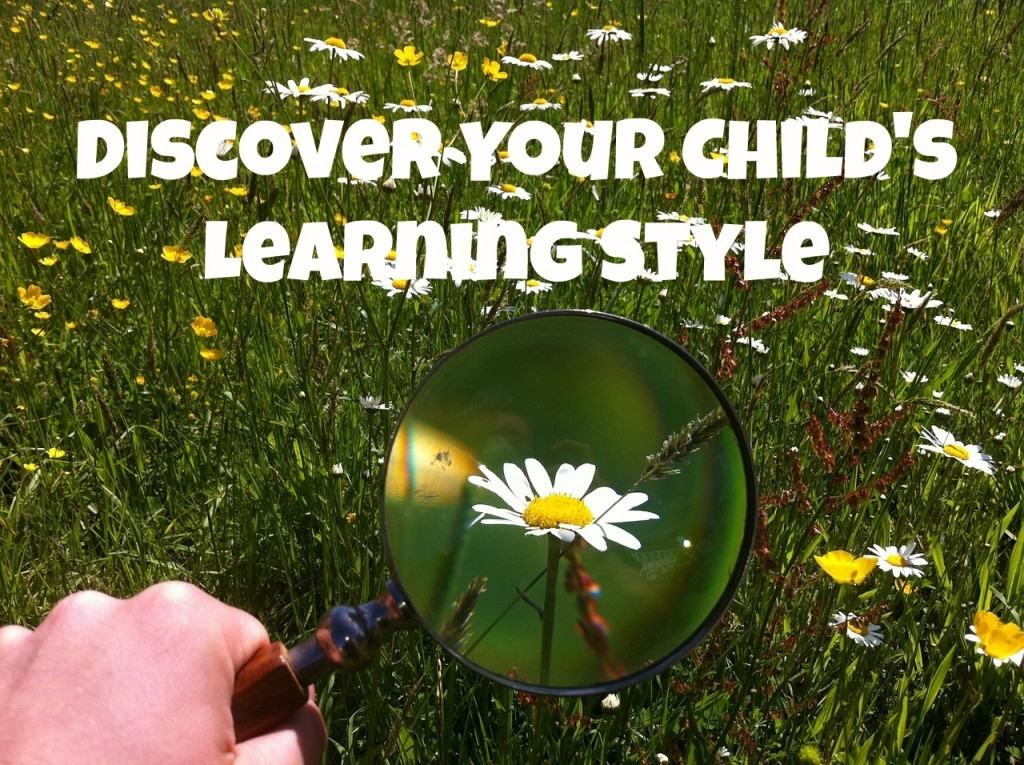
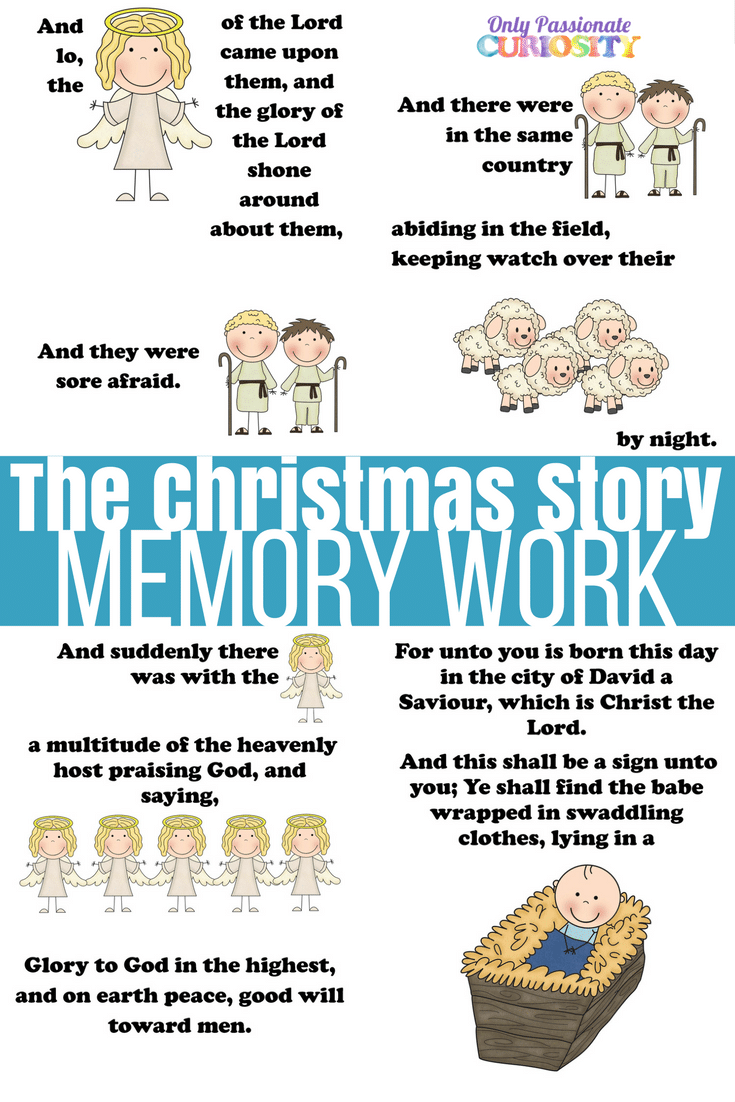
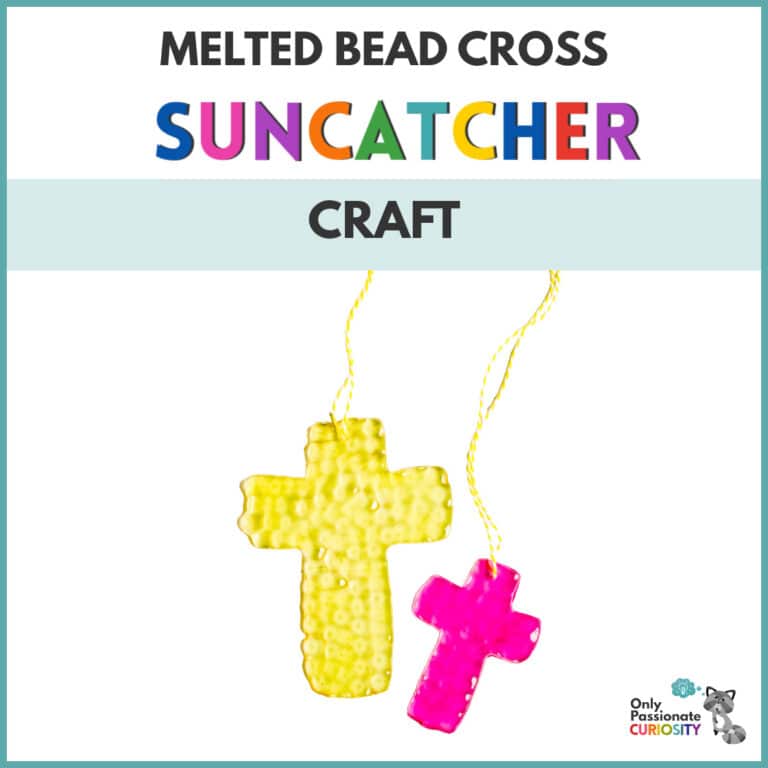
Teach the content with activity
It’s what I was searching, thanks to you for solving my problem. Kids are full of energy and sometimes it’s become so difficult for me to make them ready for reading. I’ll this technique hope it will help.